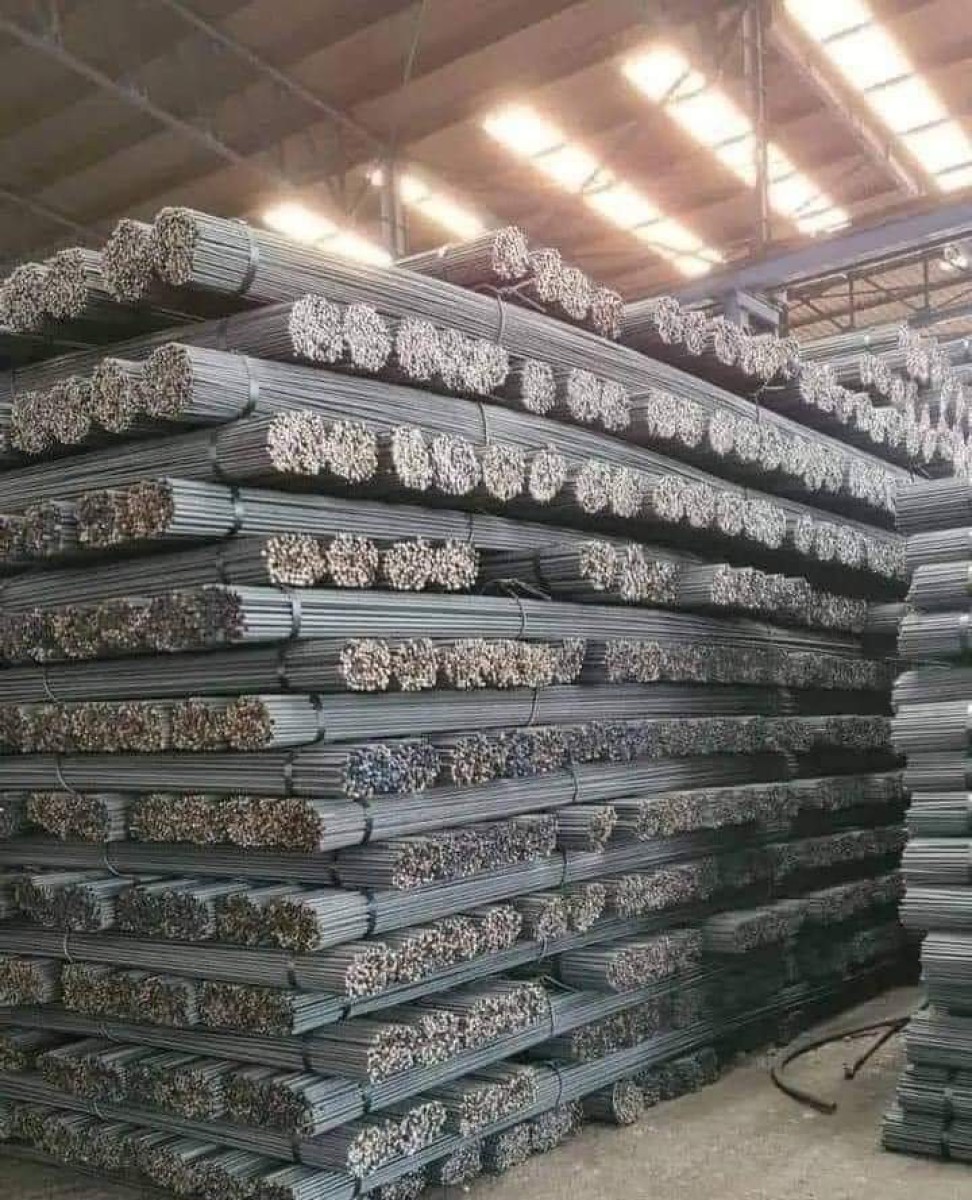Smuggling scrap iron in the port of Aden threatens four iron factories in Yemen


Observers at the port of Aden said that smuggling and exporting scrap iron under various names has recently flourished in the port of Aden in an unprecedented manner.
They confirmed that export operations are carried out by the competent government agencies, on an increasing and increasing scale, and that scrap iron is sometimes exported as other metals permitted for export, when in fact it is scrap iron, as scrap continues to leave the port of Aden in large quantities, under the name Metals or pressed iron, which caused difficulties faced by the iron industry in Yemen, represented by a direct threat to stop four factories that are considered one of the most important strategic projects in Yemen due to corruption and fraud to smuggle scrap and export it abroad.
As the observers explained, the iron factories are calling on the government and the competent authorities to implement the government and judicial decisions that were issued earlier so that the factories that were forced to stop and led to the layoff of workers from them can resume work again, and get rid of the nightmare of the stoppage caused by the continued export of scrap iron. It affects the condition of the machines that hundreds of workers’ families work on, as scrap iron accumulates in large warehouses in the Yemeni cities (Sanaa, Aden, and the major cities), and the iron industry in Aden and Mukalla benefits from it to a very small percentage, while most of the scrap iron is smuggled abroad.
Earlier, the managers and owners of national factories complained that the factories have been suffering for some time from the negative effects of scrap smuggling on the economy and the factories to a major degree, and that they have no longer received any quantity of trucks loaded with iron scrap for years, and their warehouses have become empty of raw material. And machines, there are factories that have stopped, and others are about to fail.
Yemen produces - according to unofficial estimates - approximately 300 thousand tons of scrap iron with its various components, which is what 4 iron factories in the Republic of Yemen rely on, which began construction in the early 1990s. These factories do not meet the needs of the local market, but they provide... Job opportunities for many workers, engineers and technicians, and meets some of the needs of the growing local real estate market.
The iron factories and their workers renewed their appeal to the government and local authorities to quickly stop the export of scrap, as its results and effects are disastrous on the economy, workers, society, and the state treasury as a whole.